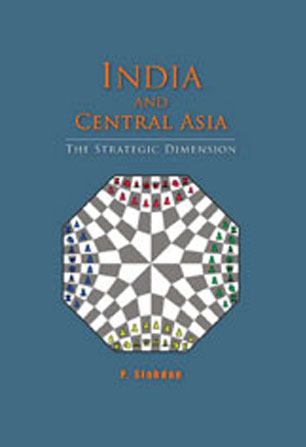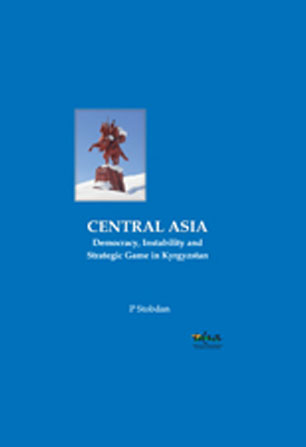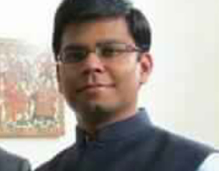The SCO’s Current Approach
The Shanghai Cooperation Organization (SCO) is an intergovernmental international organization founded in Shanghai on June 15, 2001 by six countries: Russia, China, Kazakhstan, Kyrgyzstan, Tajikistan and Uzbekistan. Its member states cover an area of over 30 million square km or about three fifths of Eurasia, with a population of 1.455 billion, about a quarter of the world's total.
- Nivedita Das Kundu
- November 07, 2006









